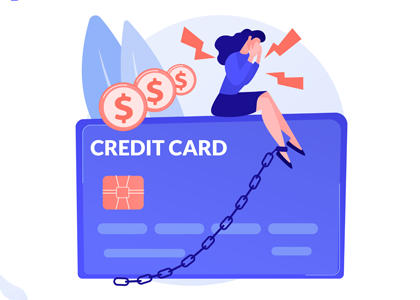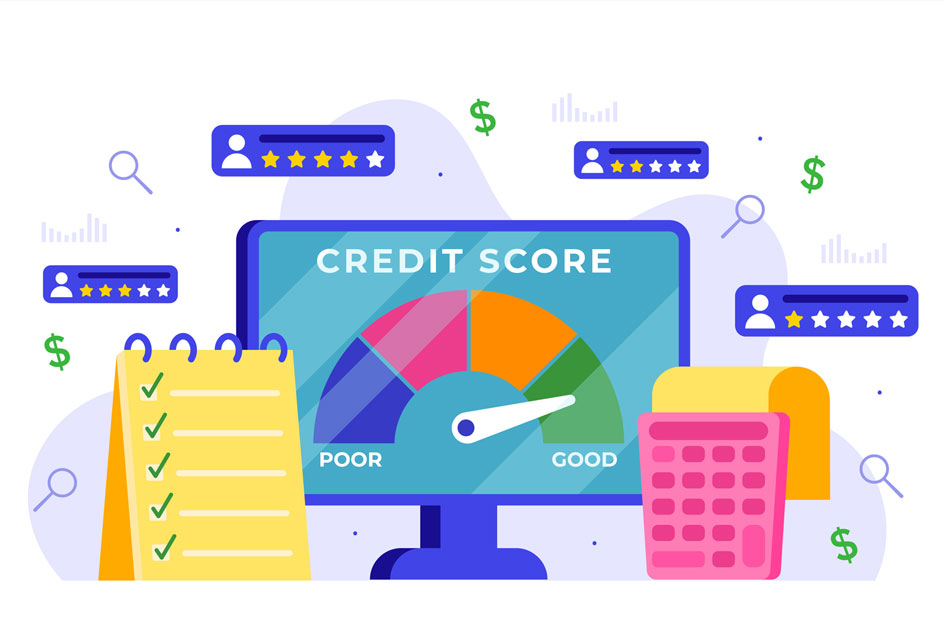With the simple yet powerful debt management tool, one can always keep one’s head above water. People borrow personal loans and use credit cards; these could be handy tools for many people, but on the other hand, both have some points of difference when it comes to making the proper choice based on one’s financial goals and situation. This guide seeks to discuss the differences between the two and aid in helping decide which is the better option for managing debt.


What Are Personal Loans?
A personal loan is an amount received at one go, which comes to be repaid in the form of fixed monthly instalments (EMIs) with a tenure determined in advance. As personal loans are unsecured, no collateral will have to be provided. Loans are well above the amount that is drawn from credit cards – starting from ₹50,000 and going up to ₹25,00,000. Usually, the interest rate varies between 9% and 24% per annum, and a repayment term is between one to seven years. They are well-suited for big amounts such as hospital bills, house renovation, or consolidating multiple loans into a single loan where you can estimate a period of repaying them.
What are Credit Cards?
Credit cards provide you with the flexibility of availing money multiple times under a credit limit set for a specified amount. Credit cards allow flexibility because of the revolving credit line whereby you can make many purchases depending on the credit limit given to you. Credit limits are approximately ₹50,000 and ₹5,00,000. There is no interest if the balance is paid during the billing cycle. A very high rate if you carry a balance; however, this can range from 30% to 42% per year. Credit cards are only good for short-term expenses if the amount is paid off immediately. Credit cards maintain day-to-day expenses like grocery and travel with rewards and cashback.
Difference between Personal Loans and Credit Cards
Personal loans are a one-time, repayable fixed EMI for a maximum of seven years. You can make a personal loan for big-ticket items when you want a lump sum for the total amount spent. Credit cards offer revolving credit for revolving spending, and a consumer can pay only the minimum due each month at high interest rates. Interest rates on personal loans are much lower, about 9% to 24%. Credit card interest, in comparison, goes up to as high as 30% to 42% annually. Regarding loan amounts, the personal loans can go as high as ₹25,00,000. In the case of credit cards, the upper limit is ranging from ₹50,000 to ₹5,00,000. One has to make big financial goals such as debt consolidation through personal loans; on the other hand, for short-term expenses, the best option is credit cards.
Advantages and Disadvantages of Personal Loans
The loan is cheaper compared to a credit card. Repayment is fixed and enables one to plan his finances systematically. A personal loan can facilitate significant amounts, helpful in great expenses. It, however, takes more time before a loan is approved. Besides, some have a charge on prepaying your loan. The loan may not be best suited for meeting minute, routine expenses; hence, planning is better placed on larger financial needs.
Advantages and Disadvantages of Credit Cards
Credit cards offer available credit on demand. That means you can immediately buy and have fun using goods and services available over the counter without waiting for approval. Great reward benefits come with using cashback or points when it becomes a common practice while shopping. Since consumers can choose multiple ways to repay their credit cards, they do not have to pay them off immediately. The money will be dearer in light of heavy interest costs if huge balances are maintained for an extended period. Due to ease of access, spending will most likely be extravagantly extravagant. Credit cards are perfect only for minor purchases and in the short run, while any heavy liabilities cannot be serviced by it.
Which Is a Good Debt Consolidation Option?
It is very easily achievable through either personal loans or credit cards. Here’s how you can take one personal loan with a much lesser rate of interest and cover most of your high-interest-rate debts, converting them into only one easy-to-pay EMI, creating a smooth scheduled repayment towards the consolidated loan. Other credit cards offer balance transfers without interest for a specific time. It would be great to repay the amount transferred within the promotional period. However, you will have created enormous interest at the end of the promotional period. Credit card balance transfer is suitable for short-term consolidation plans, and personal loans are good for long-term consolidation.
Effect on Credit Score
Both personal loans and credit cards affect your credit score. The payment of EMI for personal loans increases the credit score, and missed payments decrease it. Credit cards affect your score depending on how much you use relative to the credit limit. You are better off with minimal usage than the credit limit, and your score takes a hit when you max out the card or miss payments. To maintain good credit scores, one always pays on time and does not carry significant credit card balances.
Which One Is Right for You?
A personal loan is apt for large, planned expenses, like home renovations or debt consolidation. In this, you will get structured repayments and predictable EMIs. Credit cards are perfect for short-term needs, like grocery and travel, where the total balance can be paid quickly. Personal loans, however, would provide lower rates with fixed terms for consolidating debt from high interest, whereas credit card balance transfers could allow flexibility in the short run. The right choice always depends on your financial situation, repayment discipline, and long-term goals.
While personal loans and credit cards are enormous financial tools, each is for different purposes. Personal loans are best suited to significant expenses or consolidating other debt in light of the structured repayment and lower interest rates. Credit cards are easy for everyday purchases and give rewards if the balance is paid on time. A personal loan is stable if you need to pay some debt; however, a credit card balance transfer is suitable for short-term use. So, it all depends on your financial management and whether or not you need it in the short or long run.







